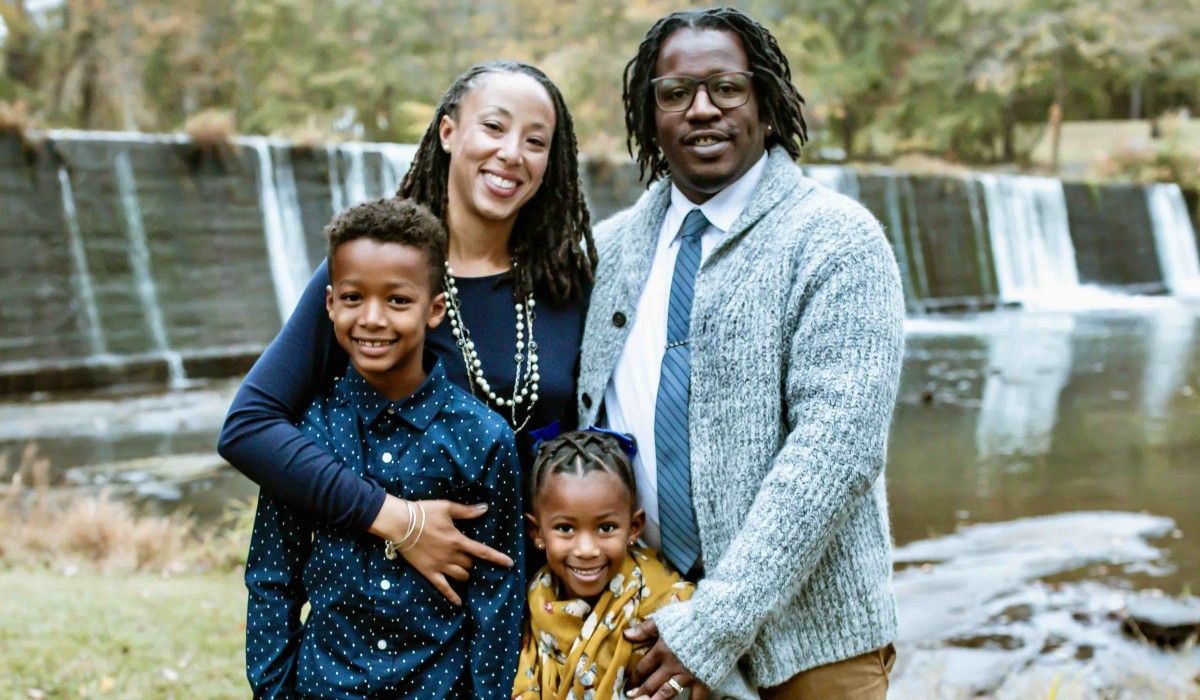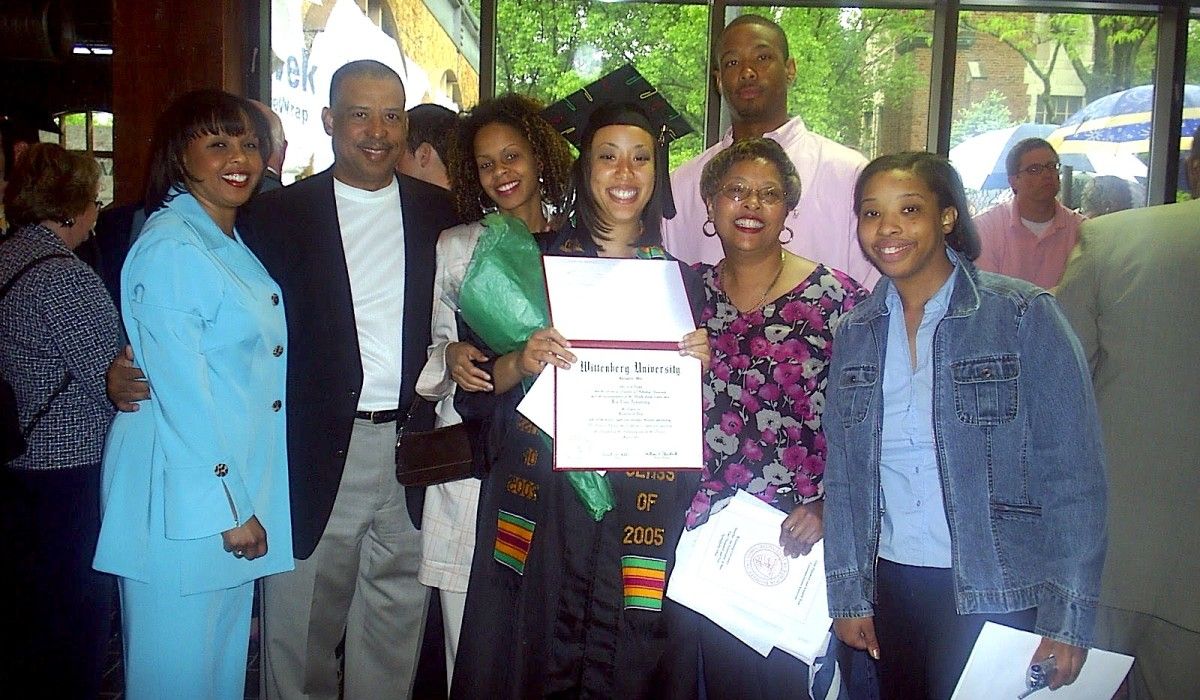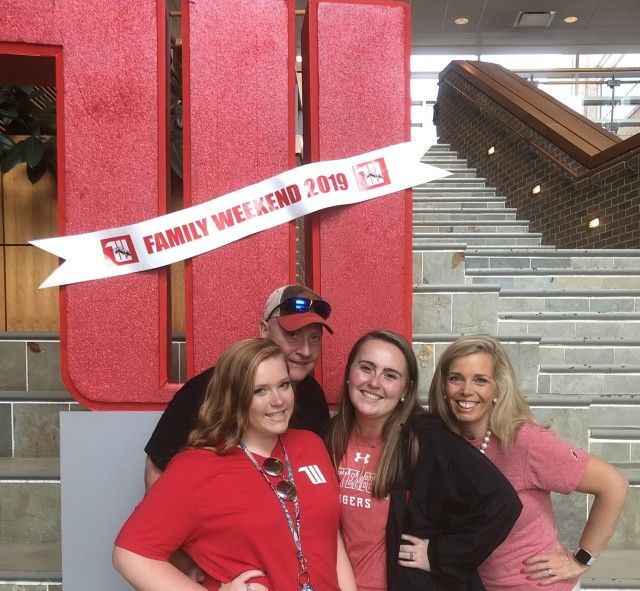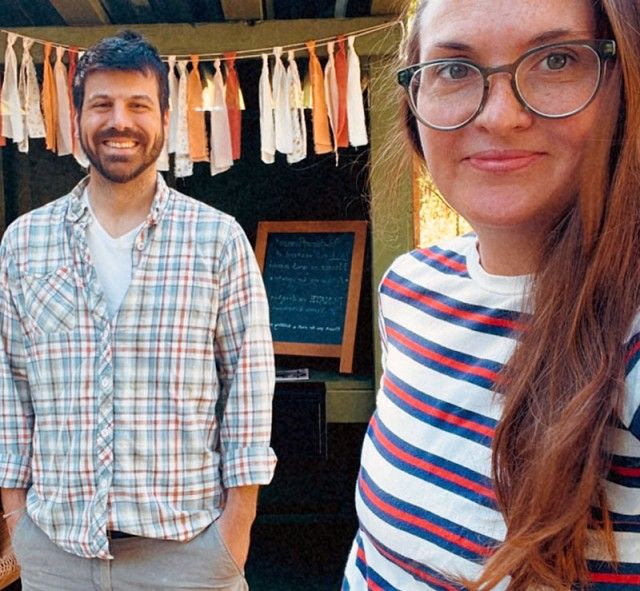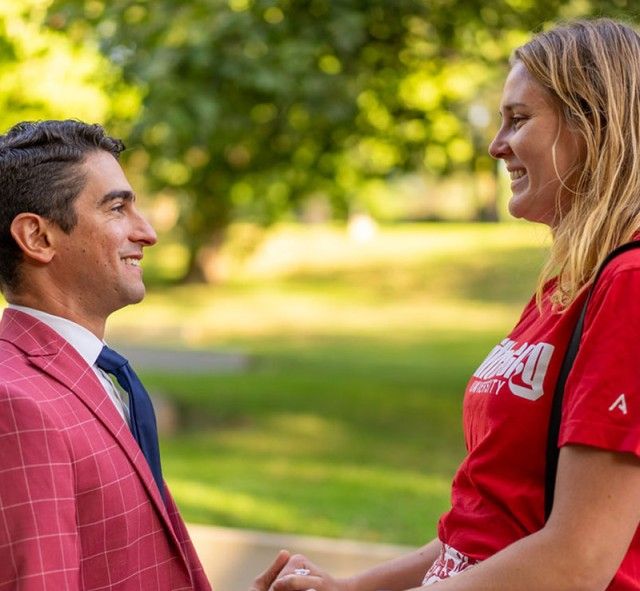Lead epidemiologist in the Division of Tuberculosis Elimination at the Centers For Disease Control in Atlanta, Georgia, Kia Armstrong Bryant, Wittenberg class of 2005, is “working to save the world one population at a time” as part of the data management and implementation team in the CDC’s Clinical Research Branch. A chemistry major and Africana Studies minor at Wittenberg, Bryant earned her master’s degree in public health from the University of Kentucky College of Public Health and has worked at the CDC for close to 15 years. Originally from Cincinnati, Ohio, Bryant and her husband, James Bryant, Jr., reside in Fayetteville, Georgia, with their two children, James III, and Haley. An orientation assistant, member of Concerned Black Students, IMANI gospel choir, the rugby team, and the Pre-Health Club during her time at Wittenberg, Bryant recently took the time to answer some questions about her role at the CDC.
Wittenberg: Tell me about your current position with the CDC and what it entails.
Bryant: Currently, I am a lead epidemiologist and serve as the data management and implementation team lead. I work within the CDC’s Clinical Research Branch in the Division of TB Elimination. Our branch leads TB clinical trials and serves as the sponsor for the Tuberculosis Trials Consortium, (TBTC), which is a unique collaboration of researchers from CDC, domestic, and international public health departments, academic medical centers, along with selected Veterans Administration medical centers. TBTC’s mission is to conduct programmatically relevant research concerning the diagnosis, clinical management, and prevention of tuberculosis infection and disease. As the lead for the data management and implementation team, I am responsible for leading the data collection and quality assurance of our clinical trials. I have worked in the clinical research branch for seven years and have been at CDC for almost 15 years.
Wittenberg: Is this the career path you thought you’d be on following college?
Bryant: During my senior year at Witt, I learned about public health as a career field, and I decided I wanted to pursue a career in epidemiology. I am currently in a position that I really enjoy. I’m glad that Witt has added this major as an option; that is awesome. I wish that would have been an option for me when I attended. Public health has grown so much in popularity.
Wittenberg: Tell me about your area of expertise and how TB has changed over time and what we are doing to combat it.
Bryant: DTBE works to combat TB domestically. Each branch in the division works to combat TB in different ways. Cases of TB have decreased quite a bit over the years, domestically; however, TB is still very common internationally. Domestically, we combat TB through treatment, performing contact investigations, providing education, laboratory testing, supporting domestic TB programs, and sharing data related to TB and latent TB infection (LTBI) cases. The clinical trials performed by the TBTC have the goal of improving current TB treatment options.
Wittenberg: Even though you work with TB, was it all-hands-on-deck during COVID-19 and tell me what that was like, as well as what it’s like being part of a pandemic?
Bryant: After the Emergency Operations Center (EOC) was activated for COVID-19 we were all encouraged to assist through deployments. Since COVID-19 was novel, there was no specific division assigned to the illness. CDC staff had to volunteer to work on COVID-19. Many people participated in the COVID response, which involved working 24 hours a day, seven days a week. I participated in the response in June of 2020. I was on the case management team, and we were responsible for the quality of the case level data. This often included providing reports and data based on requests received.
Wittenberg: How has COVID-19 changed the role of health departments and the CDC, and epidemiology for that matter?
Bryant: There is definitely more interest in public health. More people know about epidemiology and are interested in the work we do. I think COVID brought the work of health departments and CDC to the forefront. Most people don't think about the work of the local health department, but COVID really emphasized the importance of their work.
Wittenberg: Tell me why you chose Witt and what was your time at Witt like.
Bryant: I chose Witt because the people seemed very friendly when I came for my on-campus visit. It was small and seemed very student focused. I had visited other larger universities, but I felt like I was lost in the crowd of other students. At Witt, I felt my professors would actually know me. I loved my time at Witt. I met my now husband! I made amazing friends and learned a lot about myself.



